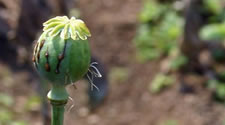 As the new year opened, the Taliban pushed deeper the Sangin district of Afghanistan's Helmand province, with the Afghan army struggling to retake territory newly won by the insurgents. Kabul has sent reinforcements, but as AP reported Dec. 29, police are refusing to return to the streets even of those areas the army has supposedly secured. According to Karim Atal, director of the Helmand provincial council, security forces are for now staying inside their base in Sangin district. And this isn't just another district in Afghanistan's rugged hinterlands. Sangin is a key opium-producing district in Helmand—itself both the heartland of the Taliban insurgency and Afghan poppy cultivation. It is also straegically localted on a corridor connecting Lashkar Gah, the capital of Helmand province, to the province's northern districts. So, as the BBC News states: "Regaining full control of Sangin would increase the Taliban's mobility in the north of the province and cut a key supply line for Afghan forces with Lashkar Gah. Sangin is also a rich opium production centre—meaning potential tax revenue for the Taliban from the drugs trade."
As the new year opened, the Taliban pushed deeper the Sangin district of Afghanistan's Helmand province, with the Afghan army struggling to retake territory newly won by the insurgents. Kabul has sent reinforcements, but as AP reported Dec. 29, police are refusing to return to the streets even of those areas the army has supposedly secured. According to Karim Atal, director of the Helmand provincial council, security forces are for now staying inside their base in Sangin district. And this isn't just another district in Afghanistan's rugged hinterlands. Sangin is a key opium-producing district in Helmand—itself both the heartland of the Taliban insurgency and Afghan poppy cultivation. It is also straegically localted on a corridor connecting Lashkar Gah, the capital of Helmand province, to the province's northern districts. So, as the BBC News states: "Regaining full control of Sangin would increase the Taliban's mobility in the north of the province and cut a key supply line for Afghan forces with Lashkar Gah. Sangin is also a rich opium production centre—meaning potential tax revenue for the Taliban from the drugs trade."

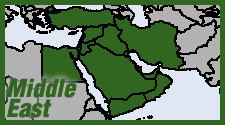 Oxford University scholar
Oxford University scholar 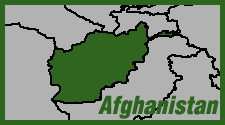 Fighters loyal to ISIS have seized substantial territory in Afghanistan, according to an ominous
Fighters loyal to ISIS have seized substantial territory in Afghanistan, according to an ominous 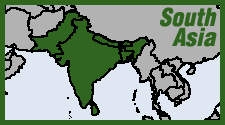 A June 21 article in Sri Lanka's
A June 21 article in Sri Lanka's 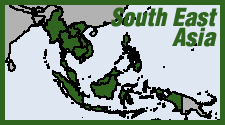 Laos was once a major opium producer—and now production is creeping up there again after eradication efforts had dramatically slashed it. But this time around authorities may take a more tolerant and realistic approach.
Laos was once a major opium producer—and now production is creeping up there again after eradication efforts had dramatically slashed it. But this time around authorities may take a more tolerant and realistic approach. 





Recent comments
4 days 53 min ago
4 days 7 hours ago
3 weeks 5 days ago
4 weeks 4 days ago
8 weeks 4 days ago
12 weeks 3 days ago
16 weeks 3 days ago
17 weeks 1 day ago
27 weeks 1 day ago
31 weeks 2 days ago